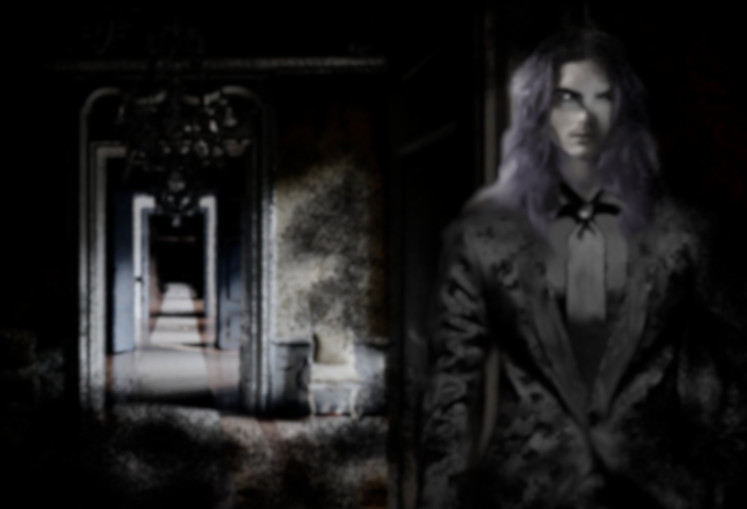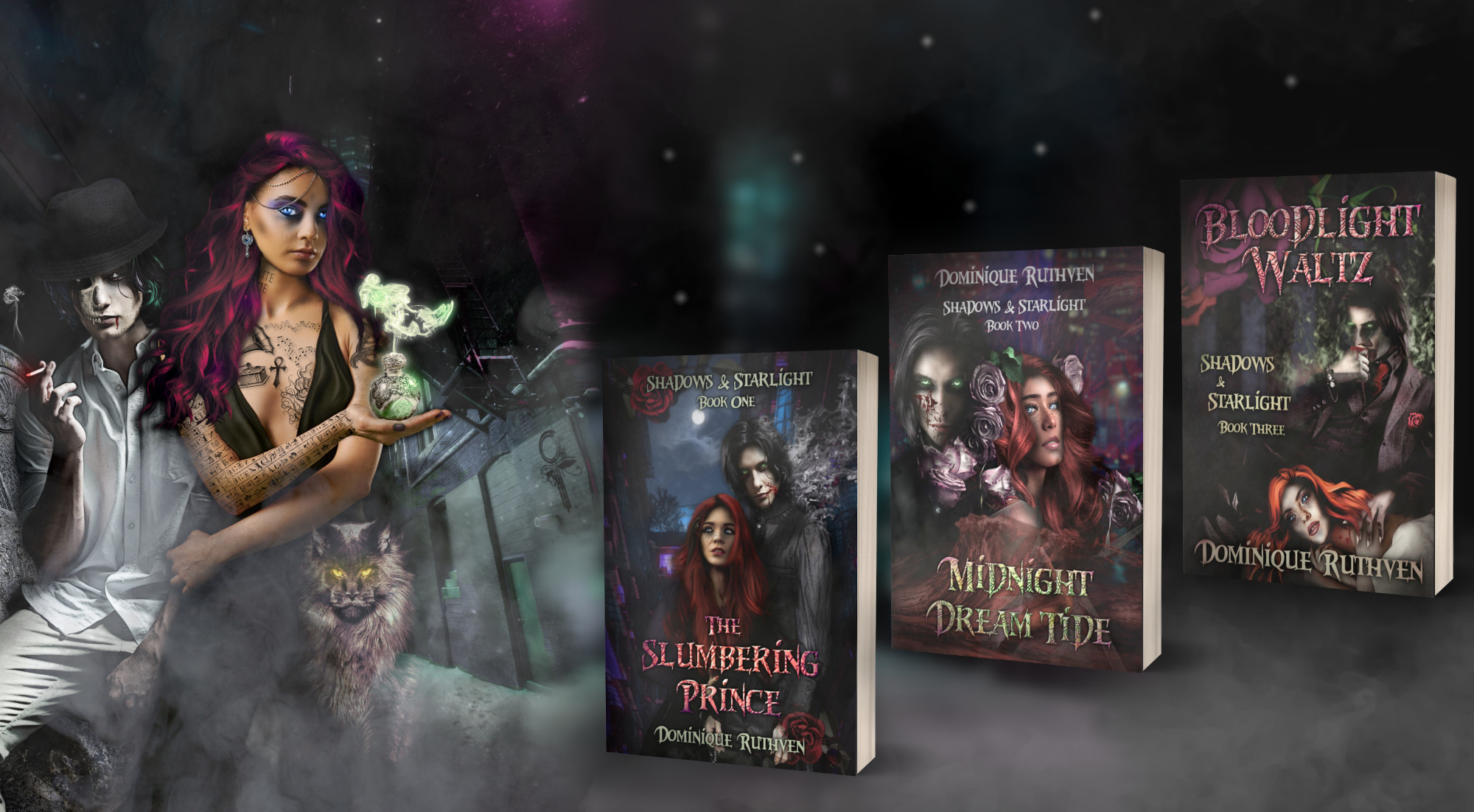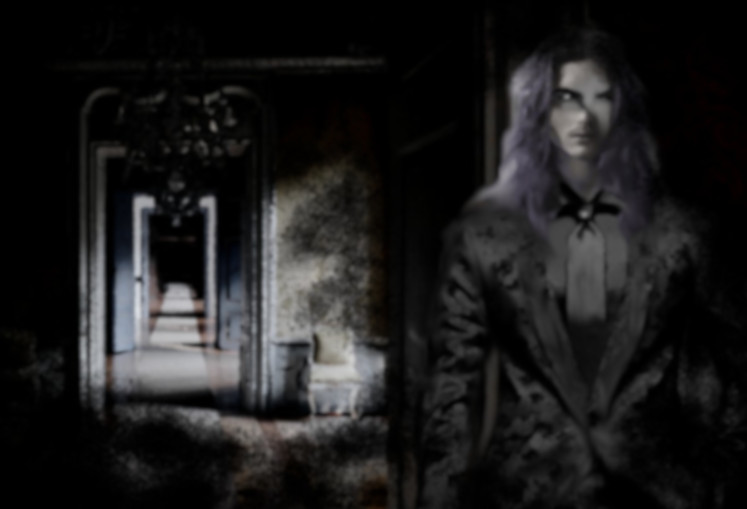“Crimson on your lips and shadow in your heart. Your veins ache for me.”
Sanguinem Emere

The contemporary vampire is a complicated literary figure. It weighs in anywhere on the spectrum from sappy, love-sick, and self-hating to gory, gritty, and terrifying. Some popular media examples of the latter are the monsters of 30 Days of Night, or even I Am Legend, which a fair portion of cinephiles and book-devourers laud as superior to the former ideal of vampires. This is, oftentimes, a pendulum swing in response to how the soft-hearted and swooning romantic vampire figure has taken over the media, dominating both literature and the screen. Endless examples of this occasionally exhausting creation can be found anywhere you choose to look. The Vampire Diaries still sees success with reruns and spinoffs. The Twilight series drew legions of tween and teen fans into its folds – not to mention, the mothers of aforementioned fans. And then there are the many paranormal romances that depict vampires as voracious lovers and manly (sometimes womanly, but mostly manly) protectors. Whichever form your preferred vampire happens to take, the chances are high that the appeal lies in the concept of power. Who has it, who doesn’t, and who is desperate enough to risk their lives and souls for it.
Hierarchies
In most of vampire fiction, there is a scale of dominance. This is a natural response to the human urging to slot into a hierarchical structure. The most dominant rise while the least dominant do not, and in the perfect hierarchy, those at the bottom find protection from those at the top. That is the theory, but in practice this idea is mostly likely to fail, as we’ve seen throughout history, as well as in recent social media posts and trends. But for the purposes of what we’re discussing, the practical is irrelevant, because people don’t seek out fiction to be bombarded with yet more examples of why being alive is hard, grinding, and sometimes lonely. We escape into fiction to be swept away in ideals, and promises, and flights of fancy. If we wanted more information on the sucky suckage of the suck, we’d read non-fiction and watch the news. No, what we’re looking for in fiction is something that lulls us into the idea that this is real life, while just being different enough that we want to read on and fall deeper and deeper into that world. So we look for stories that mirror our surroundings, but have more satisfying stories and endings.

Vampires are kind of perfect for this. They are the most human of monsters. They look just like us – point vampires – and in most fiction they display human emotions. But while they are burdened with human minds and human appearances, that’s almost always where the similarities end. They hold almost all the power, and it is usually power that we, as readers, desperately crave.
They offer liberty from some of the vicissitudes of simple human existence.
Freedom from Suffering
In almost all cases vampires are wealthy, and for many people that is an escape from a constant nagging concern that has caused a worldwide delving into anxiety and antisocial behaviour. Some writers depict their vampires caught in the trappings of wealth because the thought of being without money frightens them, and others because they live through their creations. If you’re going to choose to be swept away by a handsome man, you’re likely to be hopeful that he’ll take you from your trivial problems, right?
Vampires have the fun immortality card going for them too. They’ll never die, and most people are terrified of death. The idea that one night a gallant dark knight will appear as a dark shadow at your window to take you away and offer you the promise of eternal love and the world is enticing, exciting, and freeing.
And then there is love, romance, and a strong protector to offer it all.

This might be something of a generalisation, and for that I ask, please pay attention to the words I am using, but, notably, most readers and writers of vampire romance are women, while many men, if they enjoy the vampire in fiction at all, will want the grit of horror.
He who chooses, chooses well
Personally, I appreciate a combination of both. I fall somewhat in the centre of the spectrum, where I like my vampires to be romantic, kind, compassionate, and sometimes vulnerable, but I sure as hell want them to kick some ass if the situation calls for it. More than that, I think vampires should hold the power in the realm of their fiction. That’s what we crave from them, isn’t it? We want our terrifying vampires to hold us rigid with fear while they contemplate feasting on us, and we want our romantic vampires to be strong enough to protect AND love us.
This article was not supposed to be this long… Oops. I’ll have more to say about vampires, power, fluff, and love soon! As ever, this is an opinion piece more than anything else. I have so many thoughts about vampire bubbling up inside of me that I want to share them with all of you. If you have any comments or suggestions, please let us know in the comments, or on our social media accounts, or even by subscribing to our mailing list.

